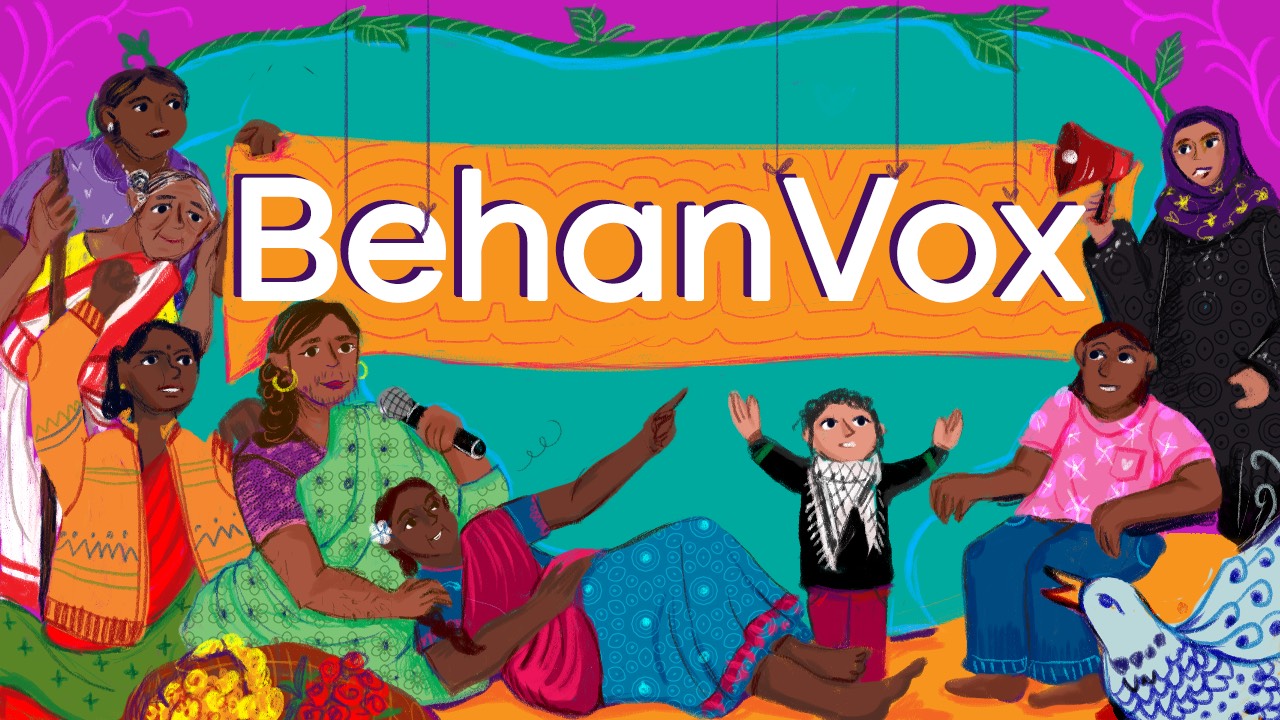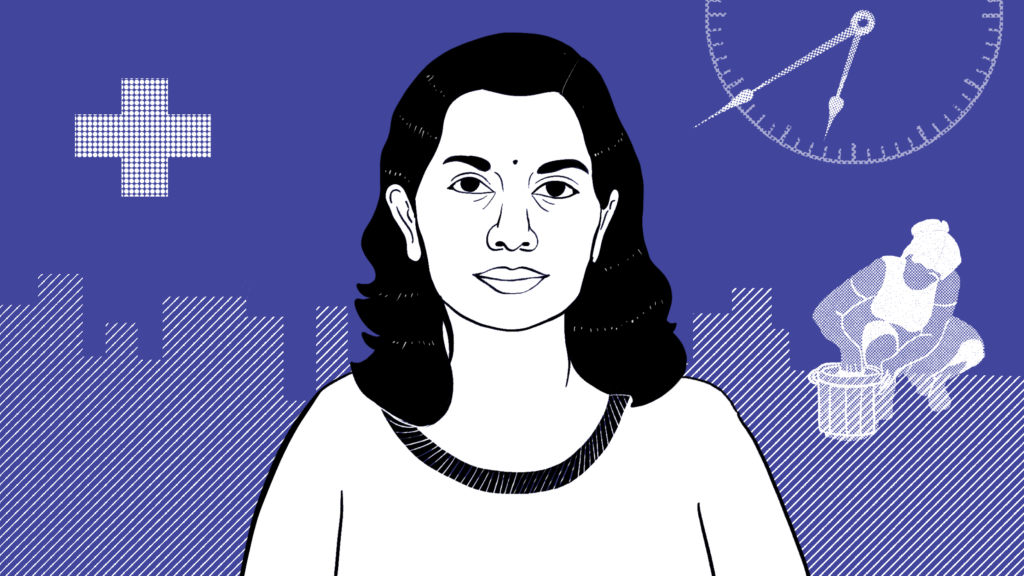It pretty much holds up all of humanity from birth to death and it is visible everywhere – homes, markets, institutions. It sees us through times of particularly vulnerable phases of life such as parenting, ageing, sickness and disability. It is exhausting and relentless and the demand for it is going to go up exponentially in the coming decades, But for all that it remains at all times devalued, exploitative and unrecognised.
Care work is hard to define because it spans such a large gamut of labour, a lot of which is emotional and familial and out of the ambit of state and even community intervention. It is paid, think of nurses and healthworkers, and unpaid, think of caregiving at home to the young and elderly. And this work in all its forms, was celebrated this week – October 29 is commemorated as the International Day of Care and Support.
Care work across the world is gendered labour – women perform 76.2% of the total amount of unpaid care work. And it is also one of the most underreported forms of work. Through reported stories and data based analyses, we at BehanBox have been writing extensively on the many aspects of carework – on time use patterns, the need to reimagine it, systemic injustices, and resistance movements among healthcare workers.
In our monthly ‘Behanbox Talkies’ we talk to Neetha N, a scholar and economist at Centre for Women’s Development Studies, on the many aspects of care work, its gendering and invisibility and how these can be changed. “Care is highly skilled work, not everyone can do it. Of course, people can be trained, but that doesn’t mean the work is unskilled. Yet societies and families and communities have always devalued it, treating it as if it’s no work at all,” says Neetha.
How do we put a value to this work? Not as per the tenets of the market system, says Neetha because it will never circle in all the nuances of this work. She believes that it will take state intervention to make a real difference. “There are areas the private sector will never invest in unless forced to. The State has to tax capital, mobilise enough resources, and prioritise care at social and community level. But resources have to be marshalled, and the State will have to push back and use the market’s capacity to fund this infrastructure,” says Neetha.
Read the interview here.





